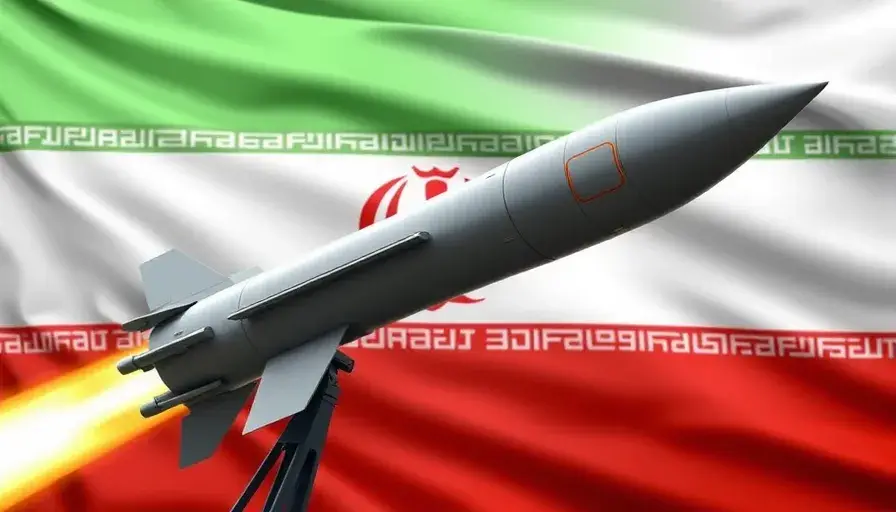European farmers' grievances: A detailed analysis
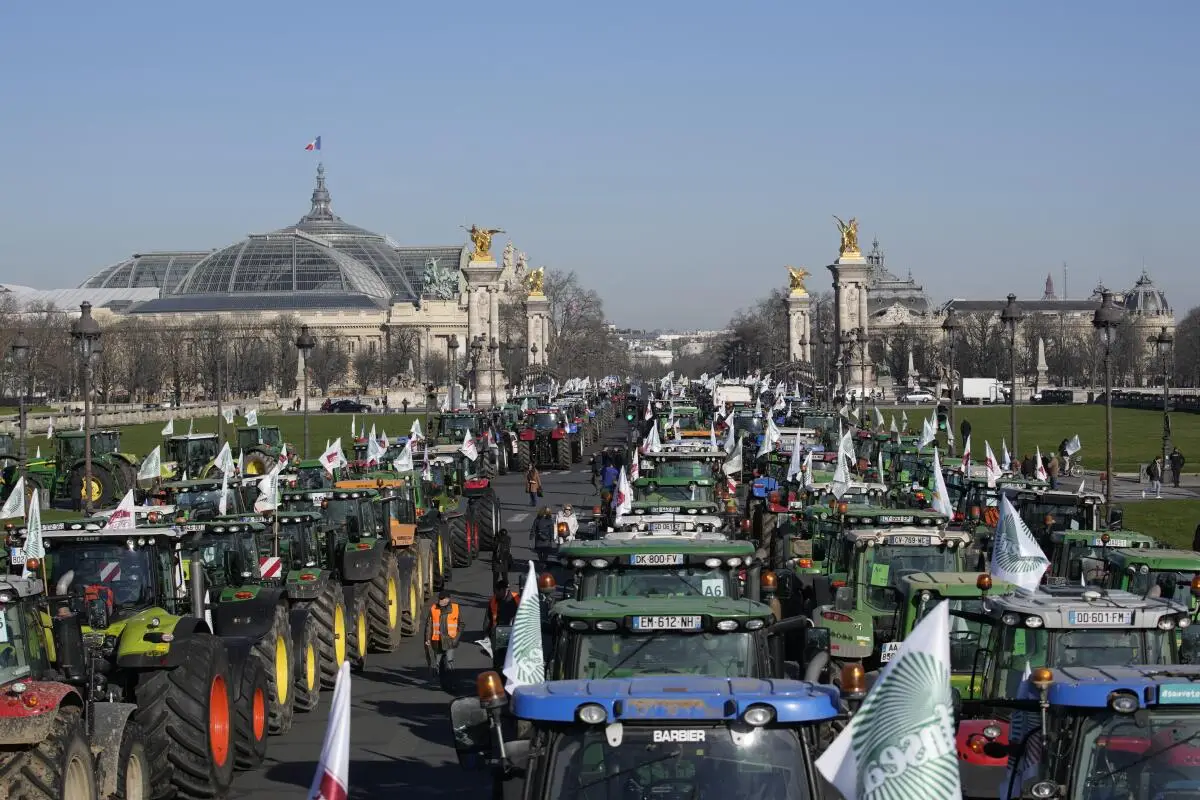
European farmers' protests draw attention to deep problems in the agricultural sector
Images with tractors blocking roads in major European capitals, of angry farmers throwing manure in front of government buildings and massive protests that paralyse vast rural areas marked the start of 2024. The discontent in Europe are no longer just a murmur, but an uprising with global echoes, questioning the future of agriculture and the food security of the continent.
The reasons for farmers' dissatisfaction are multiple:
- Decreasing prices for agricultural products: Farmers face prices of 9% lower (compared to the end of 2022), while energy costs, inflation and the impact of climate change are severely affect incomes.
- European agricultural policies: The Green Pact, with its objectives of emissions and environmental impacts, imposes restrictions considered by farmers as excessive (e.g. the obligation to leave 4% of the land uncultivated).
- Imports from Ukraine: Eastern European farmers face competition from Ukrainian grain, which, although theoretically in transit, could reach the local market at lower prices.
- EU-MERCOSUR Agreement: Fear of cheap agricultural imports from Latin America, below European standards, puts additional pressure on European farmers.
Farmers' protests in Germany: An overview
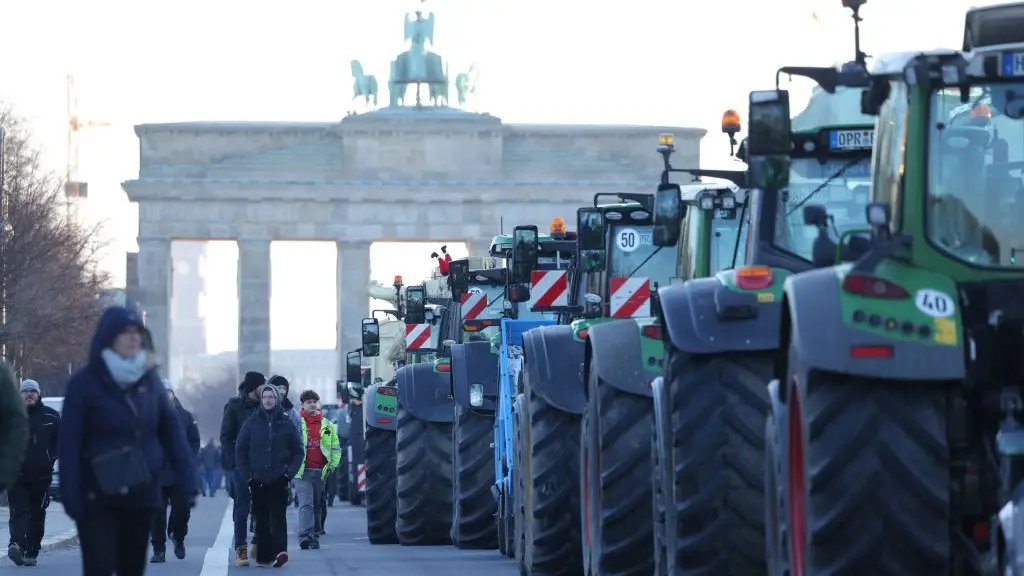
Context:
- The protests started in December 2023, intensifying in early 2024 with over 30,000 farmers and 5,000 tractors mobilised in major cities such as Berlin.
- Highway blockades with tractors and rallies characterized the initial protests.
- Nowadays, protests have a sporadic, but farmers' demands persist.
Claims:
- Maintaining diesel subsidies.
- Tax exemption for the transport of agricultural and forestry machinery.
The reason for the outbreak of protests:
- The federal government has identified a 17 billion EUR in the budget for 2024.
- A Constitutional Court decision has banned the use of money from the supplementary budget.
- As a result, farmers risked losing diesel subsidies and tax exemptions in 2024.
The result of the negotiations:
- The government has agreed to maintain tax exemptions for equipment.
- Diesel subsidies to be cancelled gradually over three years.
Persistent dissatisfaction:
- Farmers consider the cancellation of the diesel subsidies, even gradually.
- They call on the government to completely abandon the this measure.
Farmers' protests in France: A multi-faceted revolt

Reasons for dissatisfaction:
- Reduction of agricultural subsidies.
- The new environmental requirements imposed by the European Union, considered to excessive (e.g. the obligation to allocate 4% of arable land to agro-ecological infrastructure).
- "Unfair competition" from other countries, in particular from South America.
Claims:
- More consistent support from the French authorities.
- The European Union's waiver of the 4% of GDP allocation obligation land for agro-ecological infrastructure.
- Submitting a list of over 100 demands to the government.
Negotiation results:
- The French government has announced the maintenance of the diesel subsidies.
- Prime Minister Gabriel Attal presented a plan to 10-point plan, which includes:
- Creation of a 50 % emergency fund million for farmers.
- Simplification of agricultural rules.
- Additional support for farmers.
- France's opposition to the EU-MERCOSUR agreement.
Current status:
- The French government has managed to temporarily calm farmers' discontent, but the underlying problems remain unresolved.
- A long-term approach from French and European authorities to find sustainable solutions to the problems facing the agricultural sector.
Spain: Drought, farmer protests and tensions with France
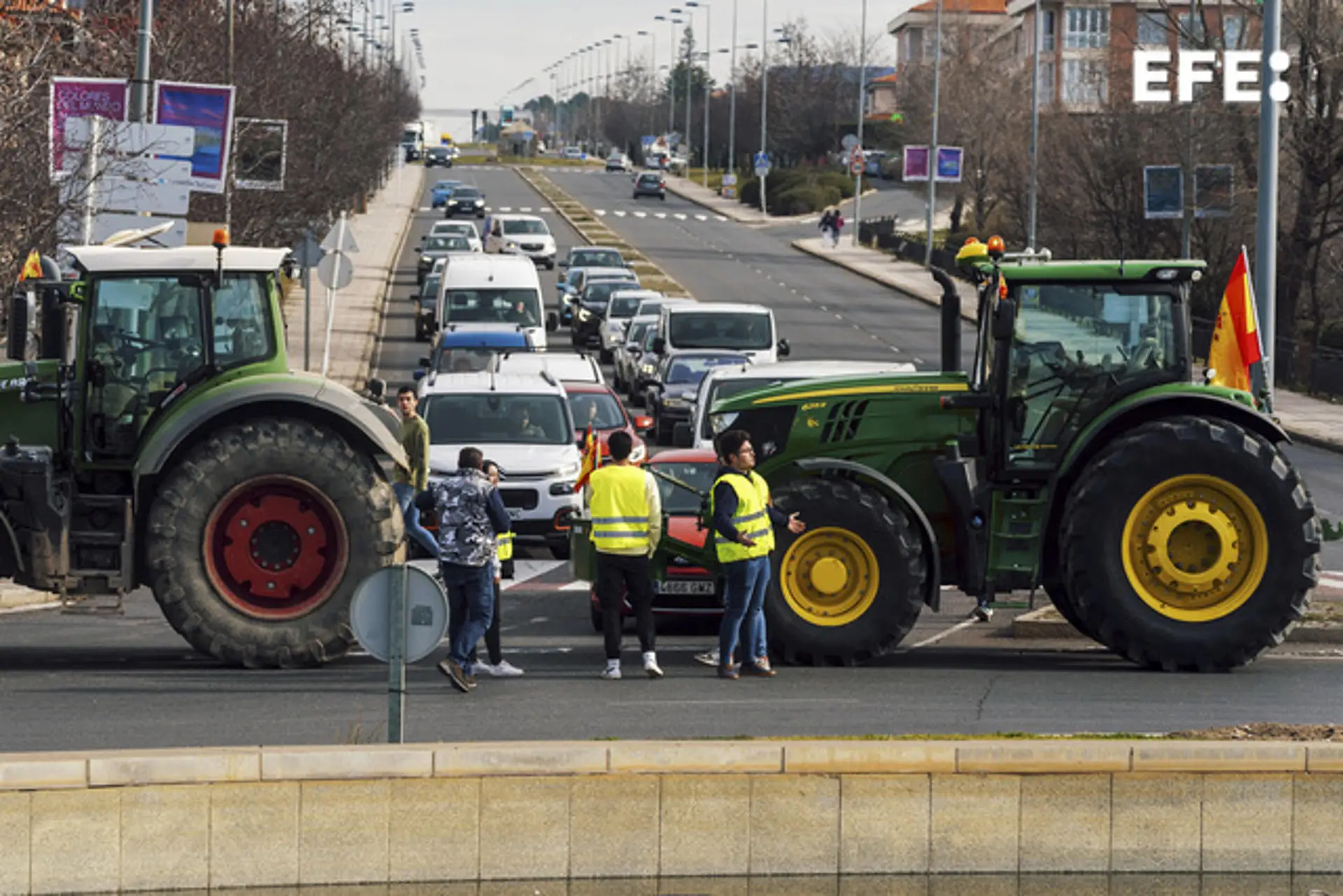
Context:
- Farmers in Spain joined the protests protests in early February, blocking national roads and organising demonstrations in Barcelona and Madrid.
- A major protest is planned for the end of February in Madrid.
Claims:
- Increased legislative flexibility from EU.
- More government aid.
- Tighten controls on products from non-EU countries, such as Morocco.
- Spanish brokers believe that manufacturers Moroccan producers do not meet the same environmental and health standards, having a unfair competitive advantage.
- Severe drought is seriously affecting crops, exacerbating farmers' problems.
Tension with France:
- The protests have sparked a tense exchange of between France's former environment minister, Ségolène Royal, and Spanish Prime Minister Pedro Sánchez.
- Royal said the tomatoes Spanish "organic" tomatoes are "fake organic products".
- Sánchez invited Royal to taste for herself Spanish tomatoes to reconsider his opinion.
Negotiation results:
- The Spanish government has already promised subsidies 269 million euros in additional subsidies for around 140,000 farmers.
Farmers in Belgium, Netherlands and Italy: A detailed analysis
Belgium:
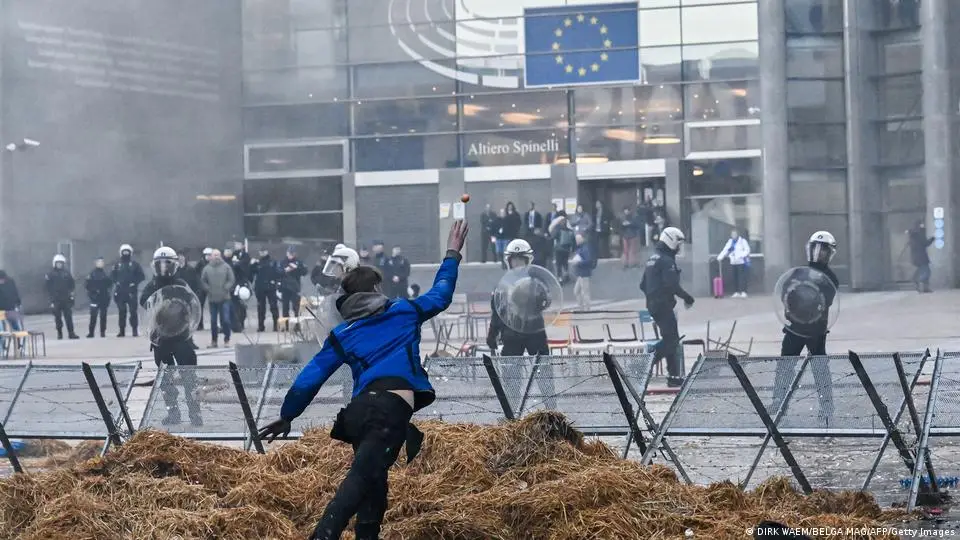
- Reasons for dissatisfaction: Negotiations EU-MERCOSUR negotiations, new EU environmental requirements, agricultural bureaucracy.
- Demands: Renunciation of negotiations with MERCOSUR, waive new environmental requirements, simplify agricultural bureaucracy.
- Result: Declaration by the authorities that the EU must strike a balance between environmental objectives and production agricultural production.
Netherlands:
- Reasons for complaint: European rules of environmental rules (e.g. ban on spreading manure on fields).
- Revendations: Waiver of certain rules of environmental rules.
- Result: Condemnation of the violent way of the authorities' condemnation of the violent conduct of the protests.
Italy:
- Reasons for dissatisfaction: Import competition environmental protection measures, repeal of exemptions, and the tax exemptions.
- Claims: Protection of the internal market, restoration of tax exemptions.
- Result: Declaration by the authorities that the EU must strike a balance between environmental objectives and production agricultural production.
Observations:
- Protests in Belgium, the Netherlands and Italy have coincided with similar protests in other European countries.
- Farmers' complaints are diverse, but generally include issues related to EU agricultural policies, global competition and the impact of environmental regulations.
- The reaction of the authorities ranged from condemnation of violent protest (Netherlands) to statements of intent to find balanced solutions (Belgium, Italy).
Farmers' complaints in Europe from Eastern Europe: A fight for protection
Situation in Bulgaria, Poland, Hungary, Romania and Slovakia:
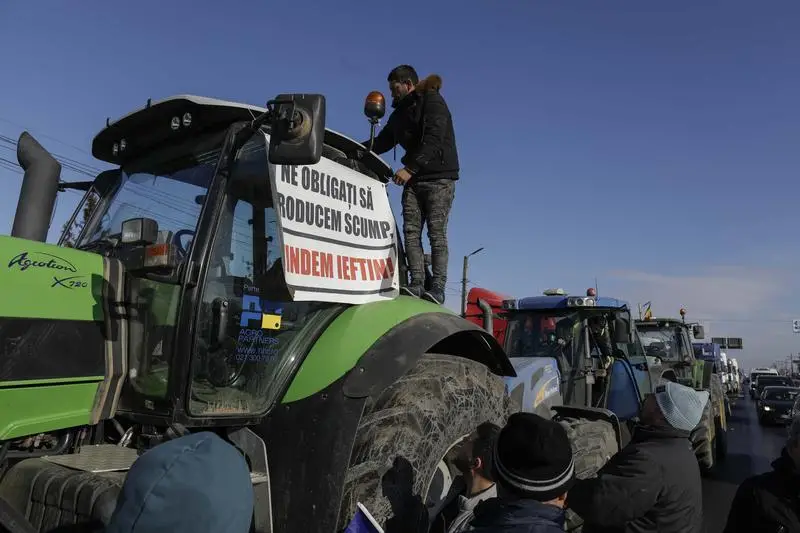
- Unlike their colleagues in Eastern European farmers are focused on protecting their markets, unlike their Western European counterparts. domestic markets from Ukrainian agricultural exports.
- Reasons for dissatisfaction:
- Competition from Ukrainian grains, which can reach the local market at lower prices.
- Rejection of Poland's proposal to reintroduce duties on agricultural exports from Ukraine.
- Claims:
- European farmers' export protection Ukrainian agricultural exports.
- Introduction of duties on cereals and seeds oilseeds from Ukraine.
- Actions:
- Agriculture ministers from the five countries have asked the European Commission to take protective measures.
- Polish brewers to hold strikes at border checkpoints with Ukraine.
Context:
- The war in Ukraine has significantly disrupted the agricultural market in Eastern Europe.
- Ukraine's agricultural exports increased significantly, putting pressure on local prices and affecting incomes farmers in the region.
- European authorities face a dilemma: to support Ukraine by facilitating its agricultural exports or protect European farmers from fierce competition.
EU Environment Strategy: A catalyst forgrievances
EU Strategy Impact:
- European farmers' demands highlight the significant impact of the EU's long-term strategy aimed at climate neutrality by 2050.
- Specific measures, such as reducing pesticides and fertilizers, releasing land for agricultural use and conversion to organic crops, are generating discontent in among farmers.
European Commission reaction:
- Following the protests, Ursula von der Leyen proposed withdrawing the draft law on pesticide reduction.
- A new version, more mature and involving stakeholders, is possible in the future.
Need for dialogue and negotiations:
- In addition to the EU strategy, the demands farmers' demands also address specific issues in their countries, such as subsidies and protecting domestic markets.
- Governments in each country will have to sit down at the negotiating table with farmers to find solutions to the problems raised.
Protests farmers in Moldova: A year of grievances
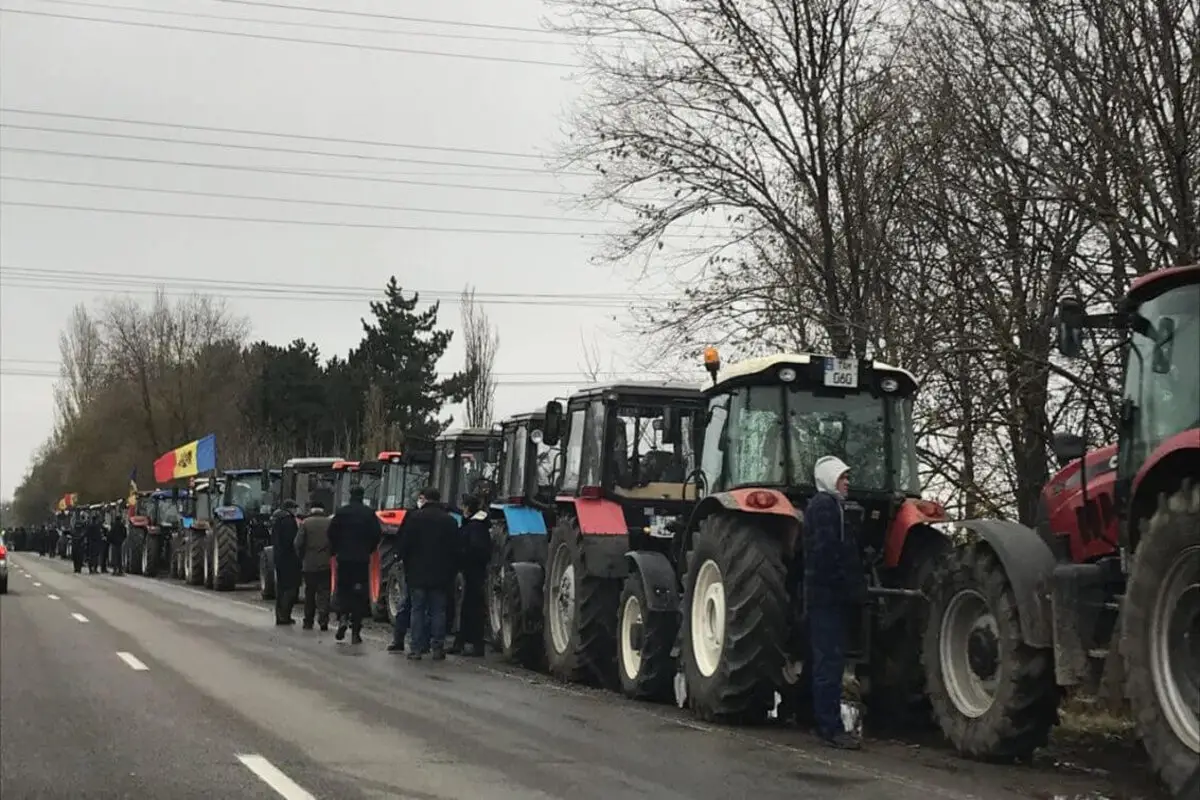
Protest text:
- The year 2023 was marked by continuous protests by farmers in Moldova.
- Their complaints focused on three main claims:
- Moratorium on bank fines: Farmers call for suspension of farm loan penalties, citing financial difficulties caused by drought and other natural disasters.
- Special committee for debt analysis: Farmers who cannot pay their loans request a special committee that individually assess their cases and find viable solutions.
- Loss compensation: Allocation is requested of 50% of the funds of the National Agricultural Payment Agency for compensate for losses in sunflower and maize crops in 2023.
Government reaction:
- The government has allocated 50 million lei for reduce the losses of farmers affected by drought.
- This measure, although appreciated, failed to completely calm discontent in the agricultural sector.
- Protests in the Republic of Moldova continued and in 2024. In February, for several days, farmers using the agricultural machinery, blocked national routes.
Concluding:
European farmers' complaints are complex and have multiple causes. The 2024 protests have drawn attention to serious problems facing the European agricultural sector, such as falling prices for agricultural products, the impact of climate change, new environmental requirements and fierce competition from other countries.
To find sustainable solutions to these long-term approach by the authorities is needed, involving dialogue and negotiation with farmers. It is also important to better coordinate agricultural policies at national and EU level.
Future Challenges:
- Implementation of the European Green Pact and the its ambitious environmental targets.
- Finding a balance between protection environment and the competitiveness of the European agricultural sector.
- Climate change adaptation and impacts their impact on agricultural production.
- Building dialogue and partnership between authorities and farmers.




